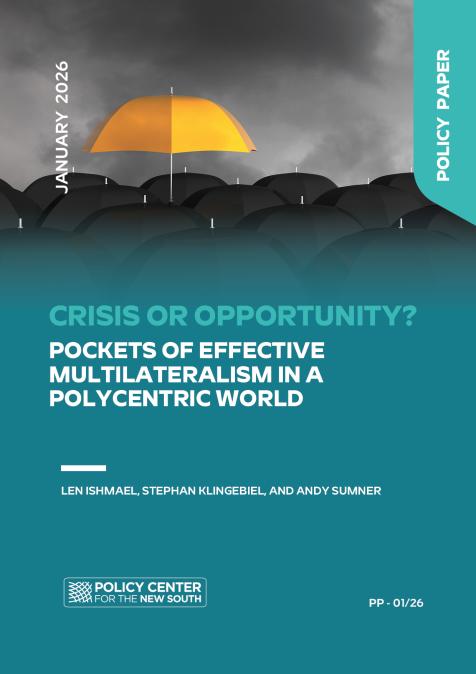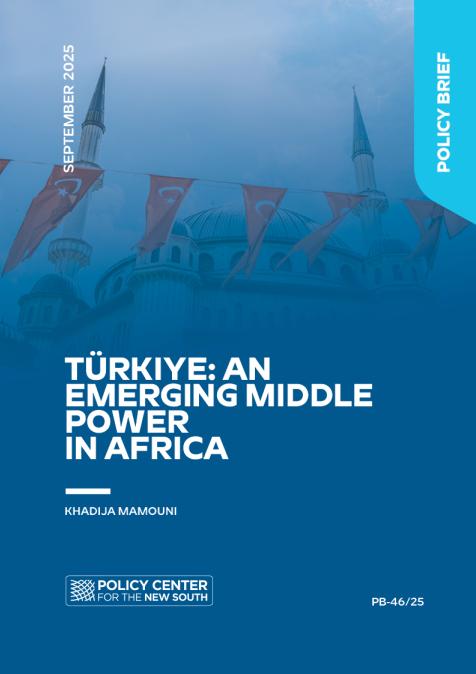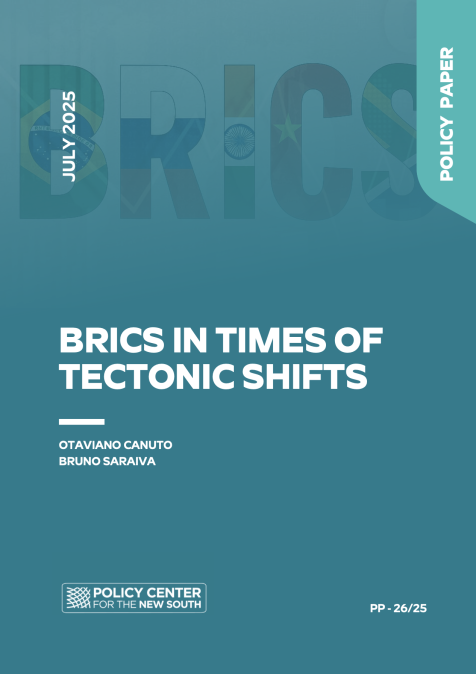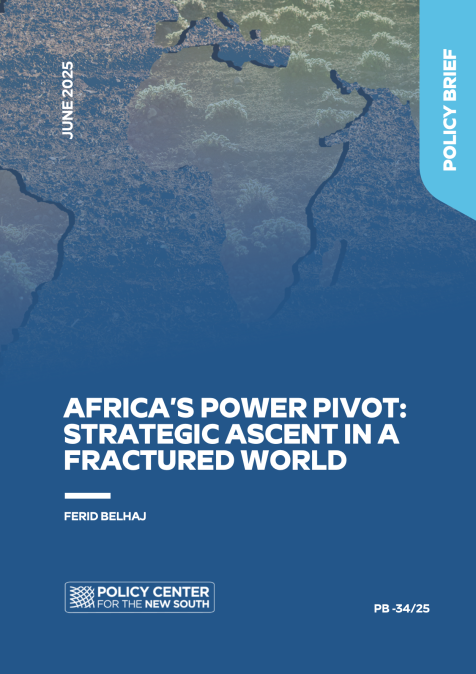AD2019TV |María Teresa Fernández de la Vega and Aminata Toure: L’avenir des relations Europe-Afrique
December 13, 2019
Speakers

Aminata Toure
Former Prime Minister of Senegal
Dr. Aminata Toure, former Prime minister (2013) and former Minister of Justice (2012-13) of Senegal, trained as an economist in France and the United States. Previously, she worked for 20 years in the United Nations system, where she championed human rights and women’s rights. Toure has been involved in politics since her student years. In 2011, she left the UN to campaign for the then presidential candidate Macky Sall. Toure remains very active in promoting good governance and fighting impunity in Senegal and Africa in general. She was the head of the African Union Observation Mission for Mauritius general elections in 2014.
...











